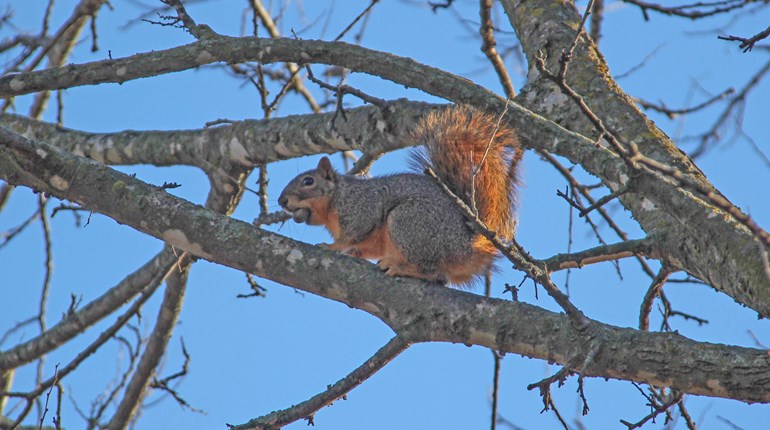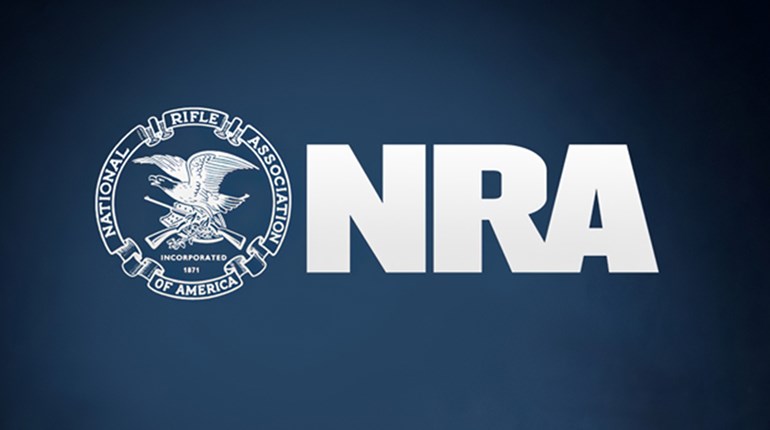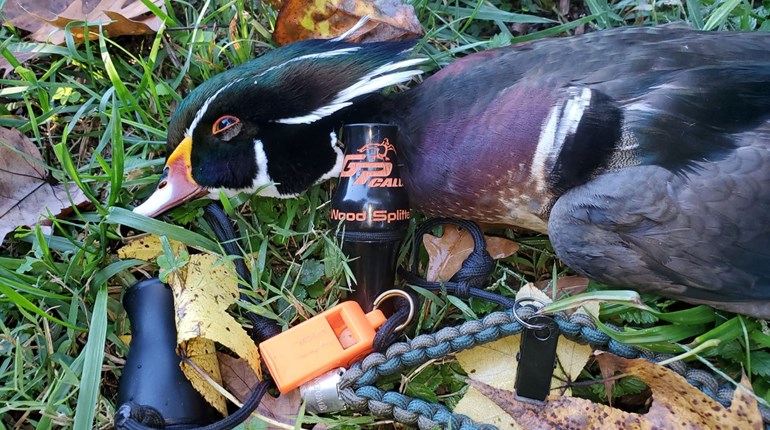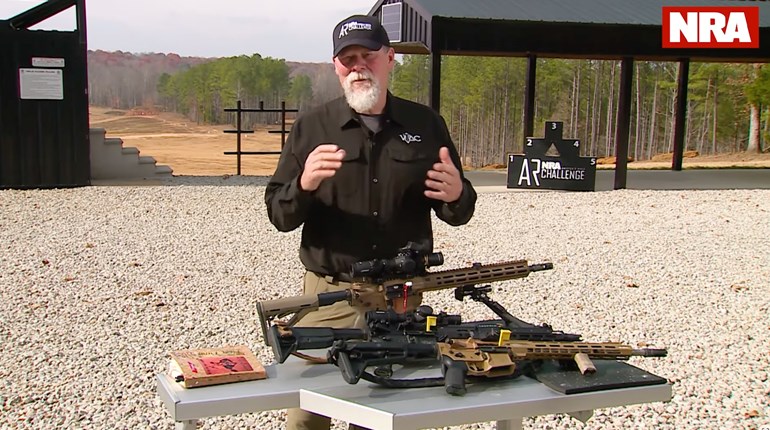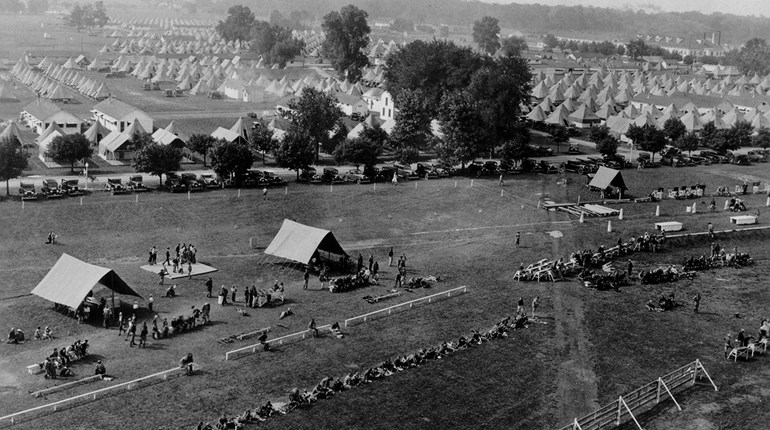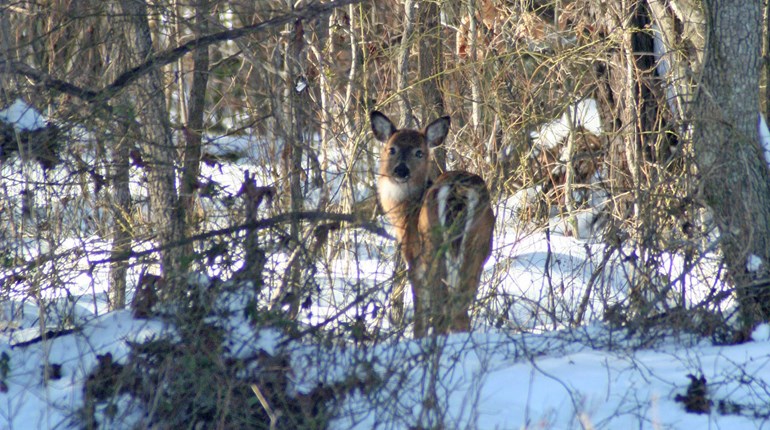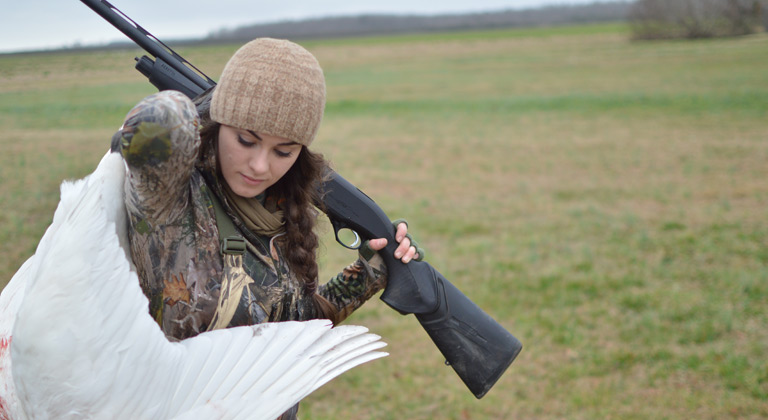
Courtney Smith began her life as a hunter when she was already an adult, and she's got some terrific tips for those who would like to coach a new hunter.
1. Safety First
Don’t assume that new hunters understand basic safety protocol. Sure, many of us learned gun safety at a young age, but for someone whose entire background in firearm handling is gleaned from what they’ve seen on television and in movies (a frightening thought) muzzle and trigger finger awareness, wearing hearing and eye protection, treating guns as if they’re loaded and being conscious of what lies beyond their target may be foreign concepts. Make sure that all new hunters are safe hunters.
2. Respect Their Comfort Zone
“One of the worst things you can do is push a new hunter outside their comfort zone,” Courtney says. “Walking alone through the woods in the dark can be terrifying to some people. New hunters may not be ready to see you field dress an animal. Be aware of that.”
3. Dress Appropriately
Early in her hunting career Courtney had no idea what to wear in the field and, as a result, she was miserable much of the time. Long, cold hours in a treestand or hiking across rough terrain require specialized clothing and footwear—some of which non-hunters likely don’t own. You may need to lend a new hunter some gear, but make sure it fits well and is comfortable.
4. Cater the Hunt to the Hunter
“Sitting on a stand all day waiting to see one deer can be really boring for a new hunter,” says Courtney. “A low-impact hunt where you’re likely to see lots of game is best.” Sitting in the face of a howling sub-zero wind for hours on end requires a level of passion and dedication that very few new hunters possess. Let them sit those hunts out early in their career.
5. Be Patient
Above all, Courtney says, be patient with new hunters as they learn the sport. For those of us who’ve grown up hunting many concepts like playing the wind, moving quietly through the woods, and waiting for the right time to take a shot seem rudimentary. Safety is non-negotiable, but understand that new hunters are likely to blow stalks or miss opportunities early on. Don’t get frustrated. Your primary objective as a coach is to help make a hunter, and losing your cool won’t help accomplish that goal.













